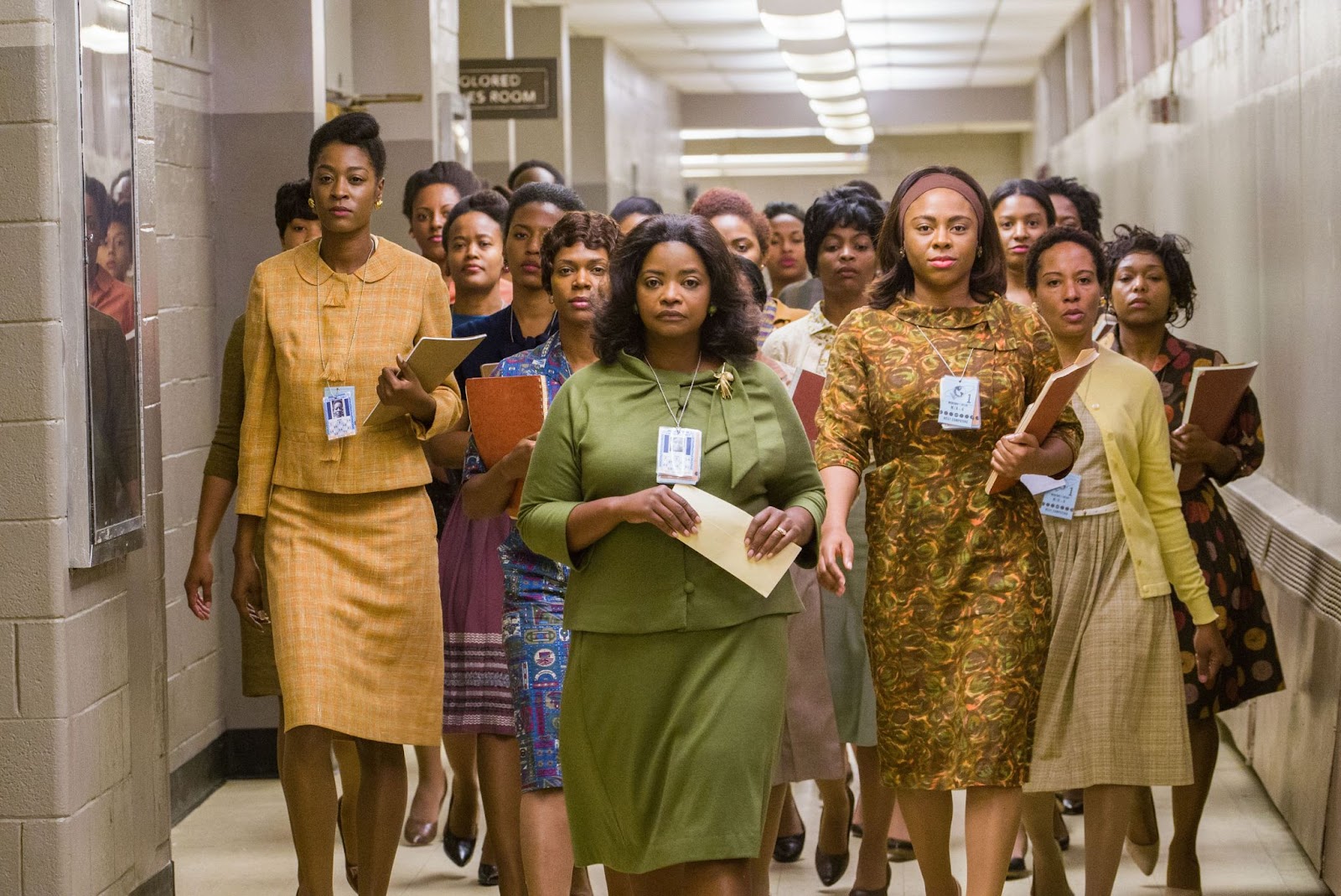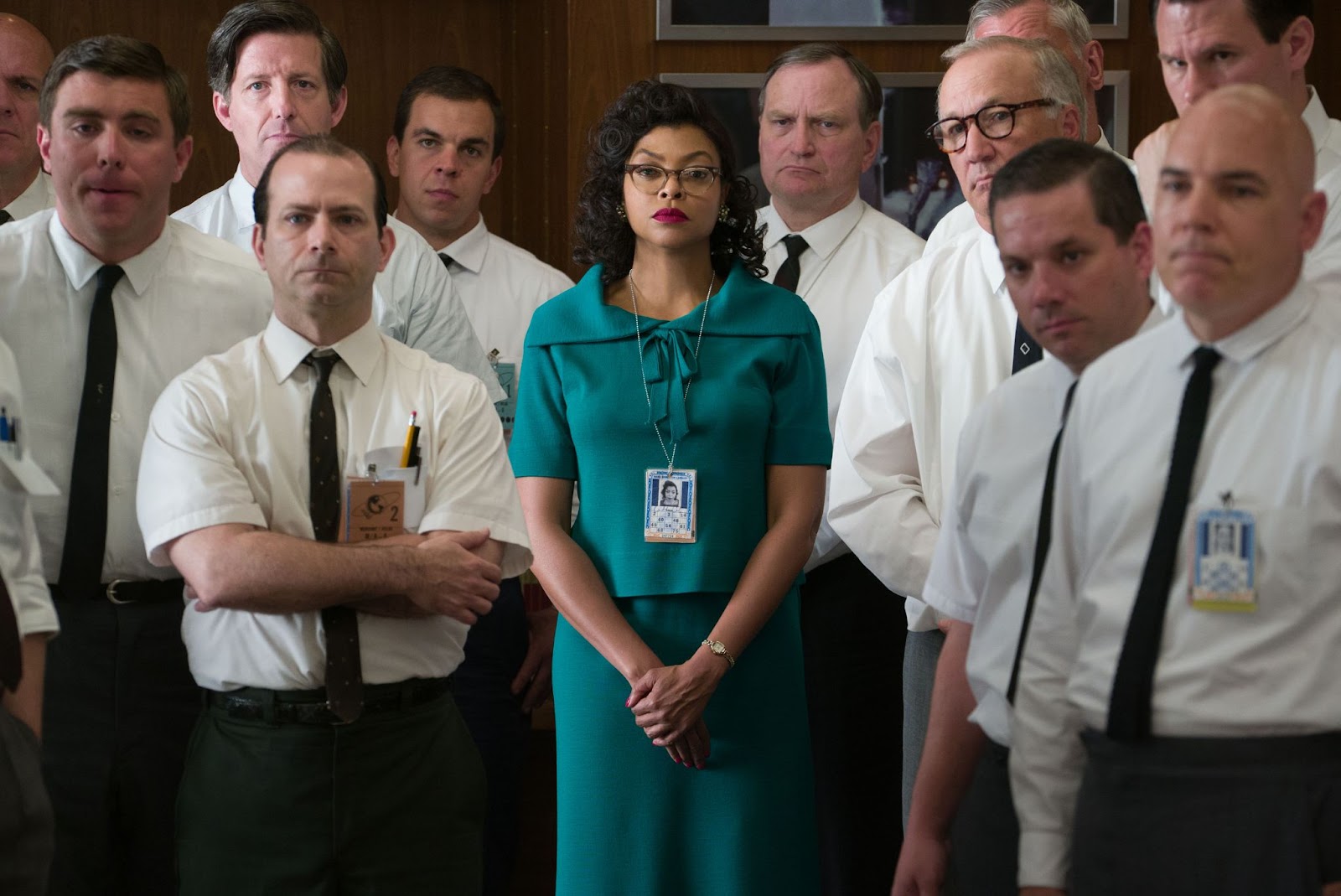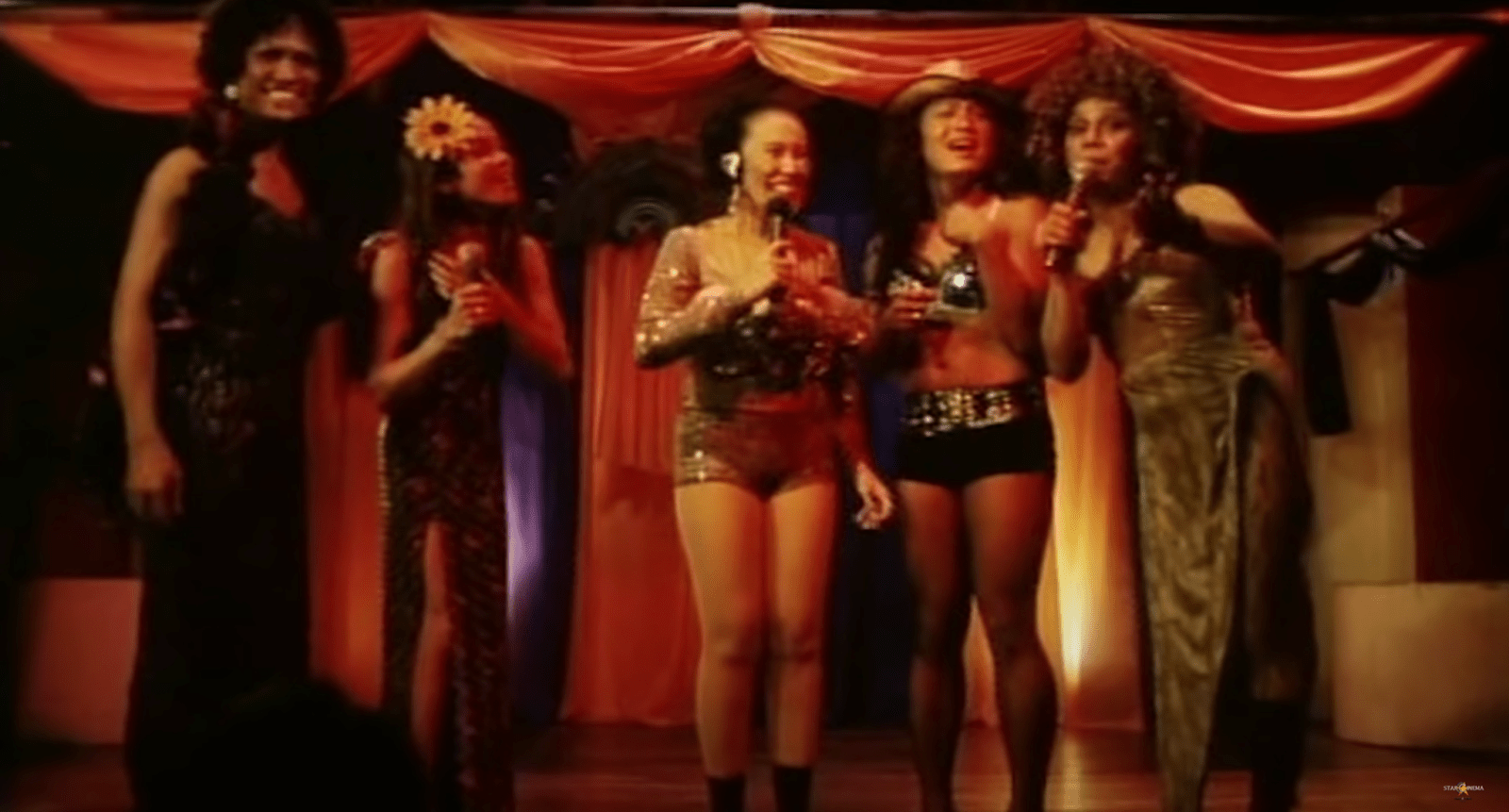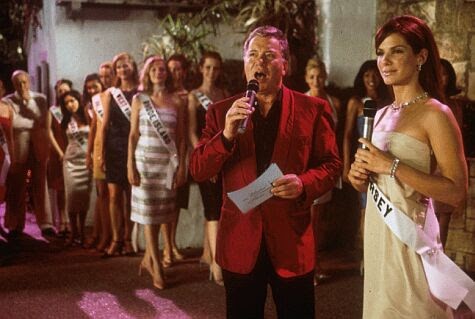Beyond Boundaries: What Hidden Figures, Ang Tanging Ina, and Miss Congeniality tell about women breaking the glass ceiling and building legacies
The conventional society taught us that our roles and identity are divided by gender — that the delicate and fragile women should stay at home, while the robust men fulfill the role of being the provider. The tides may have changed through time but gender inequality and stereotypes have been long-standing issues for women— struggles that we still encounter and experience today, albeit in different forms. But thanks to some classics and film staples, we also see women breaking the norm as they explore new grounds and challenge the system for everything that it’s worth.
Hidden Figures and the giant leap for womankind
Set in the time of the Cold War and race to space exploration, the biographical drama film Hidden Figures follows three intelligent female mathematicians working at the National Aeronautics and Space Administration (NASA), in an ambitious attempt to send man into space. Adapted from Margot Lee Shetterly’s non-fiction book of the same title, the film highlights the brilliance of women through Katherine Johnson (Taraji Henson), a mathematician in NASA who calculated the trajectories, launch windows, and signal return paths of the rocket, and Mary Jackson (Janelle Monae), NASA’s first black female aerospace engineer, and Dorothy Vaughan (Octavia Spencer), the NASA’s first African-American manager.

Dorothy Vaughn (Octavia Spencer) marching along the other aerospace engineers and mathematicians
But more than a story of women’s excellence, Hidden Figures also delves deep into the racial and gender discrimination of the Segregation Era— where basic rights were robbed and withheld towards people of color. Even with their skills and credentials, we see Katherine, Mary and Dorothy struggle to navigate a workplace that doesn’t welcome their presence, much less acknowledge what they bring onto the table. This situation shown among black people and women is an existing reality up to this day, indicating that discrimination chooses no period even after various racial equality movements such as Rosa Park’s stand for black people against discrimination.
The unfortunate reality has it that regardless of their one of a kind brilliance, many women always find themselves at the shorter end of the stick. This notion was exemplified after Johnson was not allowed to enter the room where a conference between high-ranking people was taking place. Even though she was the only person in the room who could explain the unimaginably complex calculations, her colleague still took a blind eye for one reason: she was a woman.

Katherine Johnson (Taraji Henson) in a conference room with her male colleagues
The achievements of Johnson, Jackson, and Vaughan are surely revolutionary, but the treatment and recognition they received showed otherwise. It is a great bias to sweep the achievements of other people under the rug because of their gender, and unfortunately, it is still rampant up to this day: when females trump males in men-dominated fields, when women are accused of not being qualified to lead, and when a woman’s success is downplayed to a mere force of luck. From these stories, it goes to show that achievements must not and should never be confined within solitude, race, or gender, but on skills, intelligence, and sheer determination.
Steering away from the usual genius trope with the collective efforts of three talented minds, the film has proven otherwise that skills, intelligence, and determination break through the division of race and gender.
Ang Tanging Ina, a mirror to single parents’ sacrifices
Wenn Deramas’ Ang Tanging Ina blockbuster trilogy has a special place in every Filipino’s heart, and it’s not just because of the witty title wordplay. The classic Filipino drama comedy film offers more than just laughs and good times, but also a narrative about the struggles of single mothers in raising children and their sacrifices in trying to make ends meet.
Life has never been easy for Ina Montecillo, (Ai-Ai Delas Alas) after experiencing misfortunes one after another. After being widowed thrice, she worked a number of jobs day and night for her 12 children to survive. She did her best to balance her duties as a parent to provide food on the table, even if it meant swallowing her pride and breaking her principles.

Ina Montecillo (Ai-Ai Delas Alas) being optimistic with her children that they will soon have plenty of money
To fill the role of both parental figures, she dabbled into many jobs such as construction work, selling pirated DVDs, and even as a dancer in a strip club. Like any other parent, Montecillo wanted to give the best to her children even if it meant taking roles of a father and a mother at once. Beyond her wit and charm, Ina showed that women are more capable than what society thinks, being more than just housewives and pretty dolls to admire . Even today, women thrive in male-dominated fields to show the world that they are capable despite society’s sights of disapproval.

Ina during her job as an exotic dancer in the club
Ina Montecillo provides us a picture of how a single mother weather various stereotypes and boldly show the ability of women in the name of love. And beyond the previous careers she took, Ina eventually became a successful entrepreneur and later a president of the country— truly a woman who knows no bounds and even dares to push further.
Miss Congeniality, a woman on mission
Women are adept in any field they choose, and this is emphasized in Donald Petrie’s American comedy-action film, Miss Congeniality. Following the story of the independent and fierce Federal Bureau of Investigation (FBI) Special Agent Gracie Hart (Sandra Bullock), the film revolves around her journey as an undercover agent for the Miss United States beauty pageant. This led her to take on the role of being a beauty queen and a spy at the same time— killing two birds with one stone.

Gracie Hart (Sandra Bullock) during a sting operation against the Russian mob
Being chosen for the assignment was quite ironic due to her dislike for gentle femininity— but even then, this didn’t exempt her from the societal judgements about women being unable to be in two places at once. During a sting operation in catching wanted mobsters, she saved the mobster boss from choking. This genuine action rooted from her innate compassion might have gotten her demoted but it breaks the preconceived notion that women only follow their heart and emotions, when in fact compassion has nothing to do with gender.
Hart’s journey is a mix of both worlds and trying to balance them out altogether. She accomplished her mission of capturing the wanted criminal and even won the pageant at the same time, a clear picture on how women can ace their way to greatness. Pulling her top-tier game into the field, the film demonstrated how women are qualified to handle dangerous jobs with strength, wit, and grace – debunking the notion that high-risk fields can only be survived by men. From here on out, it proves that the male-dominated careers is just another playing field that women will always ace with style.

Hart during the pageant as Miss New Jersey
Miss Congeniality tells us the answer to why you can’t tell a woman how to do her job with surprises in her pocket. Although the film may be cliché for most, it showed how bravery is also seen through uncommon decisions especially if it came from the heart. Hart’s story serves as an inspiration for other people out there, making us all believe that it is never impossible for women to shine into two different things all at the same time.
***
Society created a divide using gender for so long that it still surprises today’s modern society when people who were perceived as weak strive and emerge triumphant. The struggle of one woman is offered to the success of womankind in breaking gender stereotypes, because the challenges that lead to victory know no gender or race, just skill, talent, and determination. At the end of the day, these films send a clear message that women will never need the validation from others to succeed and be fulfilled in life— after all, the only and most important approval women should seek would come from themselves.





